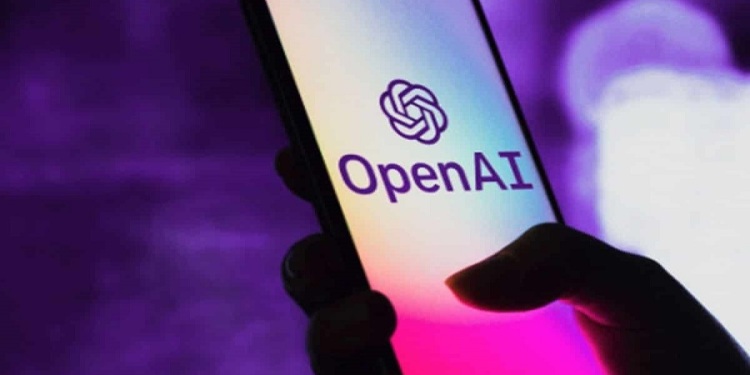Place your adverts here on InfoDig @ low rates; banner ads, sponsored links and guest articles etc. Contact us
By Roger A. Agana
The excitement that came to the nation of Ghana after the announcement of the miracle of 5G was a wonder to many and a bit rushed for some.
After careful consideration and technical investigation, we can say that Ghana and her people are in for a major shock and possibly a reversal of her major breakthroughs in the telecom space.
The points listed below are as a result of information gathered by teams on the ground and concerned citizens without a voice, one may say.
- Data Privacy Violation: Every organisation in Ghana that deals in data will have to be approved to be able to handle data that is related to the Ghanaian.
In recent times, data protection and privacy have become a major topic of discussion, especially with private photos and information being leaked at a rampant pace.
Concerns have been raised in the past few years about the security of our data as a nation, with Ghana’s Data Protection Commission working tirelessly to ensure that the privacy of citizens is protected as outlined in the Data Protection Act, 2012 (Act 843).
However, did you know that the current 5G launched in Ghana has its core network hosted in Europe? This means that you and I have no control of the data, and it cannot be guaranteed that what we send and receive can be protected or hacked, like what we experienced when hackers held the country to ransom in ECG.
Imagine important government documents and parliamentary discussions all at the mercy of foreign cyber mercenaries who could leverage them for a fee. Where then lies our safety as a nation?
- Latency Anomaly: During the 5G launch today, many did not notice, but although the speed test proved higher than the pre-existing 4G network, it is interesting to note that the latency was also higher than that of our current 4G network.
One might ask, shouldn’t 5G latency be lower than that of 4G? Normally, 5G latency is 1/10th of that of 4G; that means that when 4G latency is 10 ms, that of 5G should be less than 1 ms. This anomaly highlighted in an article titled “Difference between 4G and 5G Network” on sopto.com is only indicative of the rushed nature of this great yet suicidal endeavour.
A clear indicator of the veil being thrown over the faces of Ghanaians is when a speaker at the launch mentioned that latency was 1 ms. For this, I will ask all well-meaning Ghanaians to run the test and be the judge for themselves.
- Limitation to only data services: Your mobile phone is designed for so much more: calls, the occasional WhatsApp, sending mail, and what have you. The first indication of this scam alert is that your 5G service, albeit limited, will only respond to data service.
This means that the drop calls and fuzzy sounds we hear when we have difficulty connecting to telco providers will still exist, just like they are experienced in remote areas without stable network connectivity.
Will anything change for the end user, especially after the over-the-top promises of customer satisfaction? That unfortunately cannot be guaranteed! What is however guaranteed is that in order to experience limited 5G services, Ghanaians will be expected to purchase new SIM cards, and other basic functions required for mobile communications like charging and mobile handover will not be supported.
However, with a real 5G, you would be guaranteed not just lower latency but also enhanced mobile broadband, a reliable and stable connection, and an endless flow of uninterrupted conversations.
- Creation of a monopoly: In recent times, the government has made a lot of efforts to limit the growth of what they describe as a significant market power.
The NGIC 5G plan will limit the involvement of others, which will mean that one body will determine what you and I pay for 5G services.
Competition is good, especially for the consumer. We are assured in our pseudo-capitalistic market that the end user will benefit from each institution’s attempt to gain favour and acceptance through the improvement of services and reduction of prices.
Ever wondered why your utility bills keep going up without remedy? Pitch this to this service. There will be no respite for the average user.
A great indicator that NGIC is a government-backed monopoly is the cost of the spectrum that they are expected to pay, which is $6.25 million.
To put it in context, when the 4G spectrum was issued, MTN paid $67.5 million for 1/10 of the related spectrum.
Many articles have predicted this while referencing NGIC being a 1-week company before it was awarded the sole 5G provider title, as well as other articles referencing the calibre of companies in this deal and their overreaching attempts to have a large share of Ghana’s telecom space. My submission is that they are not far from the truth.
This is for the average Ghanaian who is bridled with the excitement of the business potential of this platform. This should be thoroughly investigated and an amicable solution brought forth that will favour us all as a nation.
This must make one wonder what the real purpose of the emergency release of 5G before the presidential election is. Ghana should always be first and never the parochial interest of a few.














